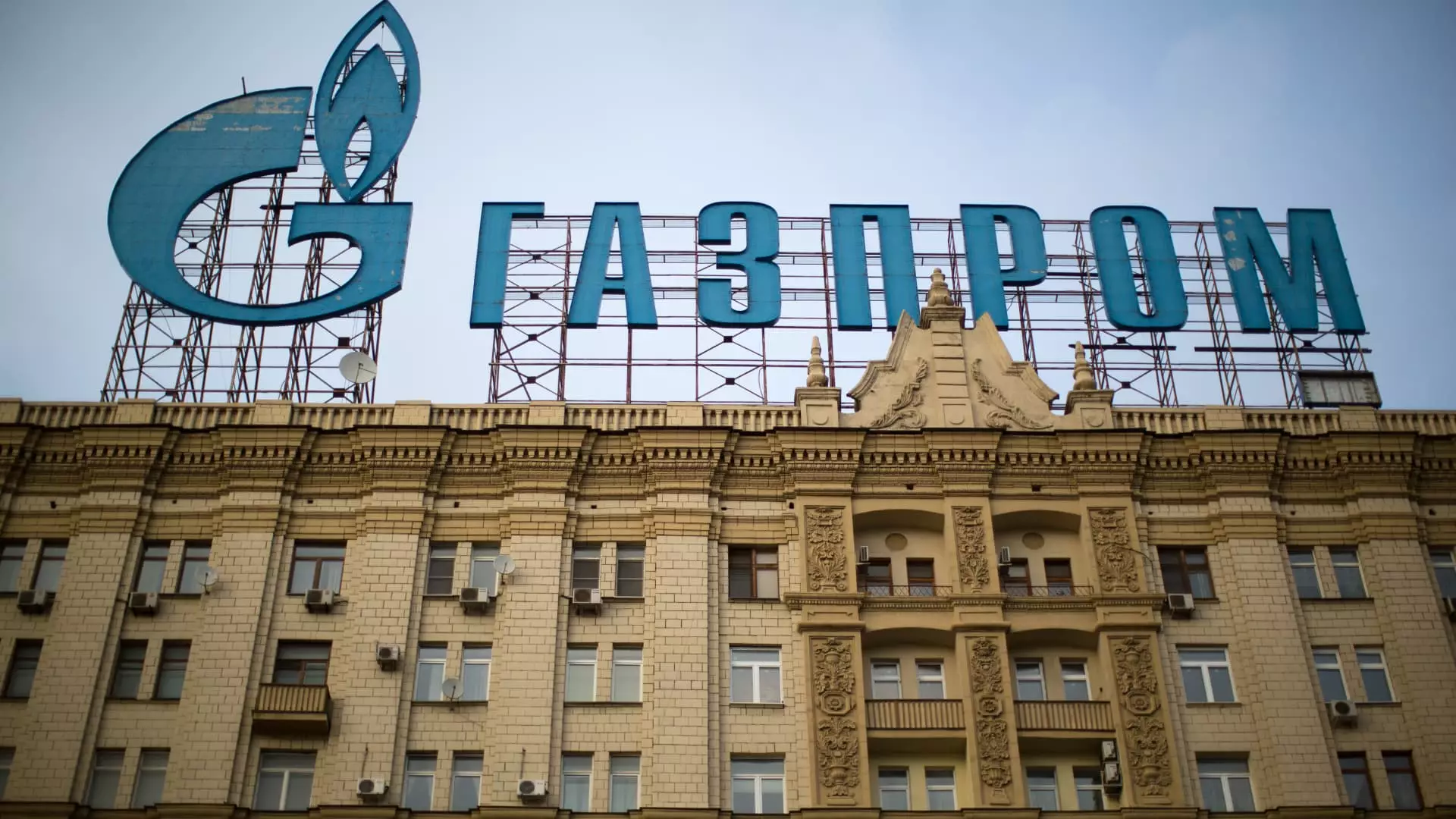The ongoing conflict between Moldova and Russia’s energy giant Gazprom has intensified dramatically, as Moldova braces itself for a significant energy supply disruption. Gazprom announced its plan to halt gas deliveries to Moldova starting January 1, 2024, citing alleged unpaid debts as the primary reason. This move not only underscores the fragile state of energy relationships in Eastern Europe but also illustrates the geopolitical tensions influencing these dynamics. As Moldova prepares for the ramifications of this decision, it is essential to analyze the broader context and implications of the situation.
Gazprom claims that Moldova owes approximately $709 million for past gas supplies, a figure that the Moldovan government strongly disputes. Following an international audit led by British and Norwegian firms, Moldova’s officials contend that their actual debt amounts to around $8.6 million—merely a fraction of Gazprom’s claims. This discrepancy highlights the ongoing financial and political tussle between the two entities and emphasizes Moldova’s assertion that the debt imposed by Gazprom has been invalidated through independent assessment. Prime Minister Dorin Recean has vocally opposed Gazprom’s claims, signaling a shift in Moldova’s approach towards ensuring its energy security and economic independence.
In response to Gazprom’s announcement and the looming threat of energy shortages, Moldova’s government has instituted emergency measures aimed at mitigating the potential impact of the gas cutoff. This includes the implementation of a state of emergency in the energy sector, which will allow the government to introduce energy-saving initiatives such as reducing lighting in public buildings by at least 30% and encouraging energy-intensive businesses to operate during off-peak hours. These measures reflect a proactive stance taken by Chisinau in safeguarding its energy supplies and preparing its populace for challenging times ahead.
The Kuciurgan power plant, located in the breakaway pro-Russian Transnistria region, plays a crucial role in Moldova’s energy infrastructure by supplying electricity to a significant portion of the country. The cessation of gas supplies to this facility not only jeopardizes its operations but also complicates Moldova’s energy landscape further. By privatizing the plant in 2004 and allowing Russian interests to gain a substantial foothold, Moldova effectively relinquished some control over its energy resources, a move it now views with considerable concern as tensions rise. The interplay between these historical decisions and current events is crucial to understanding the challenges Moldova faces.
Moldova’s energy crisis cannot be viewed in isolation, as it intersects with broader geopolitical dynamics in Eastern Europe, particularly Russia’s ongoing military actions in Ukraine. The energy strategy employed by Gazprom can be perceived as a form of political leverage, aimed at undermining Moldova’s pro-European aspirations and reconnecting it to its historical dependence on Russia. In this context, the Moldovan government is actively pursuing a diversification of its energy supplies in order to reduce reliance on Russian gas and enhance its energy security. Exploring alternative sources, such as liquefied natural gas from the U.S. and Qatar, has become paramount for Moldova as it seeks to break free from the grip of Russian energy dominance.
As the government prepares legal options, including potential international arbitration to dispute Gazprom’s debt claims, the resilience of Ukraine’s former Soviet neighbor continues to be tested. The Moldovan leadership under President Maia Sandu is steadfast in its intention to push for continued integration with the European Union, believing that such moves will fortify the nation’s sovereignty and energy independence. However, this path is fraught with obstacles, including navigating Russian influence and retaliatory measures. The upcoming months will be crucial as Moldova confronts these challenges head-on, striving to secure a stable energy future amid an increasingly volatile regional landscape.
Moldova’s energy crisis serves as a stark reminder of the complex interplay between energy dependence, geopolitical tensions, and the struggle for national sovereignty. The decisions made in the coming weeks will not only determine Moldova’s immediate energy landscape but will also shape its long-term strategy as it navigates the turbulent waters of international politics and energy security.

